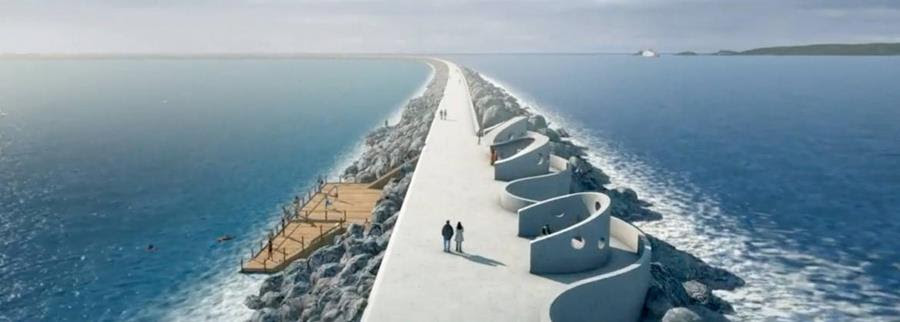Space To Breathe
A weekend of events at Somerset House
Saturday 28 & Sunday 29 January 2017
12.00 – 18.00 Free, drop in
Make the London air you breathe come to life – a Cape Farewell and Shrinking Space production in partnership with Kings College London and Somerset House
Image: Voyage on the Planet, Chih Chuh. Model: Weilin Wang.
 Interrogate the London air you breathe – a weekend at Somerset House, River Rooms with workshops by King’s College London Environmental Research Group; a bicycle-powered French SolarSoundSystem disco with a DJ set by legendary Jarvis Cocker and SolarSound guest DJ’s; Breathing Mephitic Air a new sound installation by Wesley Goatley; Energy Renaissance, a Virtual Reality experience inspired by the Strand, a HammerheadVR/Cape Farewell/Shrinking Space production – and much more…
Interrogate the London air you breathe – a weekend at Somerset House, River Rooms with workshops by King’s College London Environmental Research Group; a bicycle-powered French SolarSoundSystem disco with a DJ set by legendary Jarvis Cocker and SolarSound guest DJ’s; Breathing Mephitic Air a new sound installation by Wesley Goatley; Energy Renaissance, a Virtual Reality experience inspired by the Strand, a HammerheadVR/Cape Farewell/Shrinking Space production – and much more…
Debates facilitated by David Buckland and Shrinking Space.Â
Saturday 28th, 3pm – 4pm. Technology and Green Energy, participate with guest experts Tessa Blazey, Director of Engagement Swansea Bay Tidal Lagoon, Elliot Treharne, air quality manager, Greater London Authority and IanEnergy Renaissance VR. Mudway, King’s College London Environmental Research Group.
Sunday 29th, 3pm – 4pm. Advocacy, Policy and Behaviour Change, participate with guest experts Harriet Edwards, British Lung Foundation, Simon Alcock, ClientEarth and Ian Mudway, King’s College London Environmental Research Group.

The Swansea Bay Tidal Lagoon
Cape Farewell has been the cultural partners with the Tidal Lagoon since the get-go four years ago. Last week Tidal Lagoon got the green light from a Government commissioned report heralding in the possibility of a nation-wide Tidal Energy programme. Clean guaranteed energy, which could supply 12% of UK energy needs over time – tide in, tide out for 120+ years.
Space to Breathe commissioned and produced by Cape Farewell and Shrinking Space, in partnership with King’s College London’s Environmental Research Group.
Supported by: Arts Council England, The Physiological Society, King’s College London Environmental Research Group; Somerset House; King’s College London.
VR Equipment kindly supplied by Virtual Real HIRE
Part of Utopia 2016: A Year of Imagination and Possibility






 In 2008 Martha Wainwright joined the Cape Farewell expedition to West Greenland along with fellow musicians Feist, Laurie Anderson, KT Tunstall and other artists and scientists. Â On this extraordinary journey she composed a new song which she will perform. Â Cape Farewell director David Buckland will show film clips of the expedition and join Martha in conversation to discuss with Tom Rand the issues climate change, the Arctic reality, and the important perspective artists bring to this important subject.
In 2008 Martha Wainwright joined the Cape Farewell expedition to West Greenland along with fellow musicians Feist, Laurie Anderson, KT Tunstall and other artists and scientists. Â On this extraordinary journey she composed a new song which she will perform. Â Cape Farewell director David Buckland will show film clips of the expedition and join Martha in conversation to discuss with Tom Rand the issues climate change, the Arctic reality, and the important perspective artists bring to this important subject.